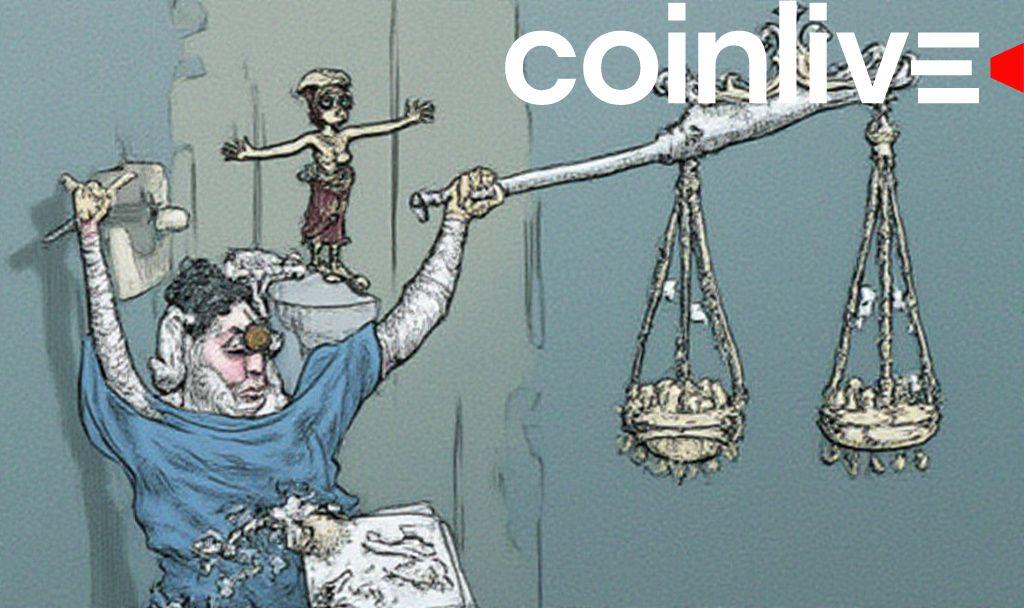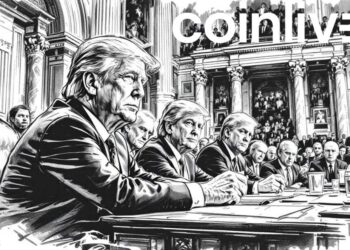- Main event involves regulatory changes and GOP sponsorship affecting stablecoins.
- DeFi protocols benefit from regulatory exclusion.
- U.S. stablecoins face altered compliance and potential market impact.

The GENIUS Act is poised to redefine the landscape of stablecoin regulation in the United States, with significant implications for both centralized issuers and decentralized finance protocols.
Impact on DeFi and Centralized Stablecoins
The GENIUS Act’s exclusion of DeFi from regulation reduces risks for decentralized finance protocols, impacting market volatility and issuer compliance dynamics. The legislation is seen as favorable for DeFi, as these protocols are now exempt from many regulatory constraints.
Sen. Tim Scott remarked, “By clarifying compliance timelines and excluding DeFi from onerous regulations, we are taking a proactive approach to support the growing digital finance sector.”
The revised GENIUS Act, sponsored by Senator Bill Hagerty, proposes to redefine “digital asset service providers,” excluding DeFi protocols. This measure notably alters the regulatory landscape for stablecoins, directly impacting centralized issuers like Tether and Circle.
Following the withdrawal of Democratic support, the bill now has GOP-only sponsors, including Senators Tim Scott, Cynthia Lummis, and Dan Sullivan. This shift reflects a partisan change, potentially affecting its passage through the Senate.
Potential Growth and Market Dynamics
The GENIUS Act could stimulate growth in decentralized sectors, given the reduced regulatory oversight for DeFi. However, centralized stablecoin issuers may face increased scrutiny impacting market operations and business strategies.
Insights from past regulatory actions suggest that the GENIUS Act could lead to technological advancements and regulatory alignments. Data and historical trends indicate potential outcomes for stablecoin issuers and DeFi participants, with market dynamics possibly evolving in response to these regulatory shifts.
For those interested in the detailed legislative language, the bill’s text is available here.








